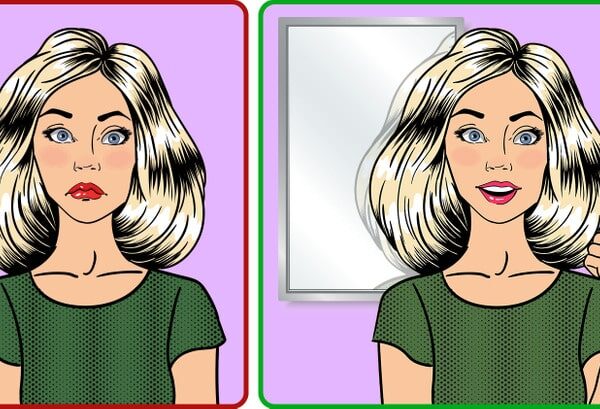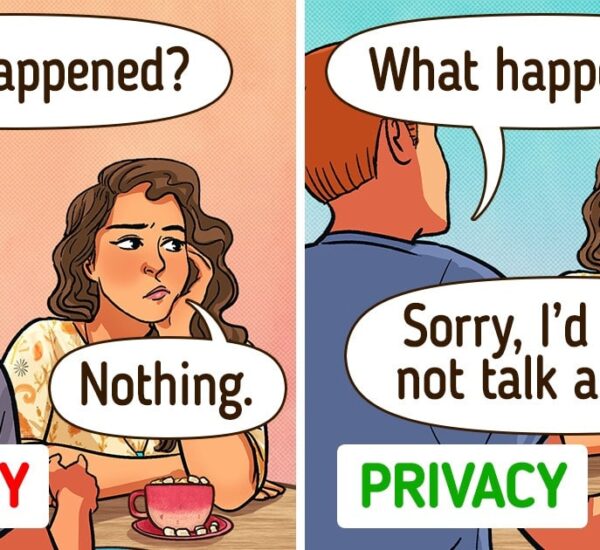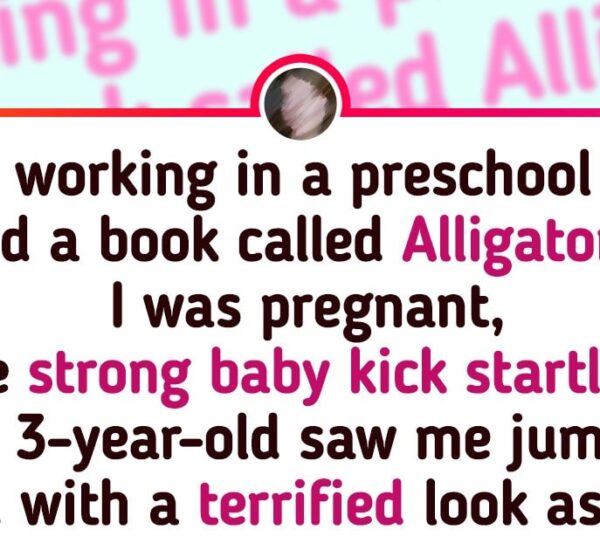Sometimes parents really want to give their children an unusual name, but they are not always successful. Governments in different countries try to prevent babies from being embarrassed in the future and even make lists of forbidden names
. However, the criteria vary by country, so for example, in France, you are not allowed to use a bad word to name a child, and in Saudi Arabia, you cannot name a child as Queen, though the word itself is okay.
In many countries, the laws governing the naming of children are based on a simple principle: a name should not sound like a dirty word and should not cause problems for the child in the future.
Furthermore, in some countries, names that violate cultural traditions may also be prohibited. We want to talk about some unusual laws in different countries.
France
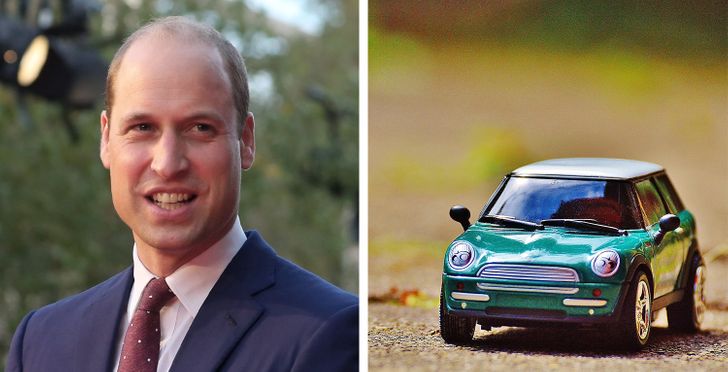
Before 1993, the choice of names for boys was controlled by a law enacted by Napoleon Bonaparte that defined what names were acceptable.
Today, people must inform the local court about the name they are going to give their children. If a name can lead to some kind of abuse in the future, the court can ban the name.
Banned names: Nutella, Strawberry, Mini Cooper, Prince William
Saudi Arabia
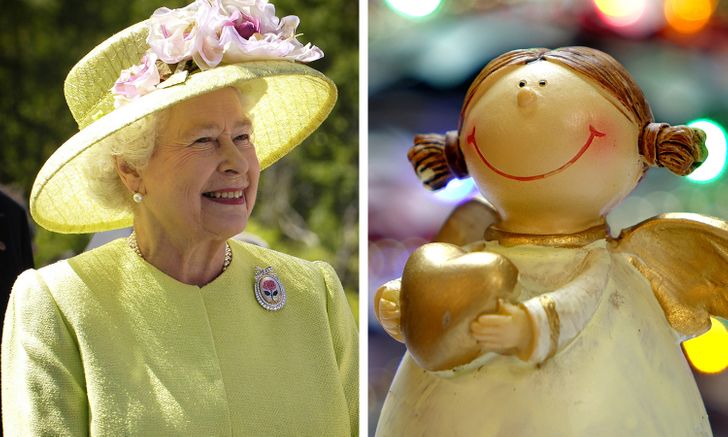
The country’s government prohibits foreign names, which can be similar to obscene or blasphemous words and violate social and religious traditions.
Forbidden names: Linda, Angel, Maya, Queen, Alice, Ben, Prophet
Iceland
Parents can choose a name from a list of approximately 1,800 options for each gender (the only exception is for parents from other countries). However, if the chosen name is not on the list, a special committee must first approve the name choice.
The name must function according to the rules of the Icelandic language in terms of grammar and spelling. For example, if a name contains a Q or a W, it will be banned because the alphabet does not contain those letters.
Forbidden names: Harriet, Dunkan, Zoe, Enrique, Ludwig
Portugal
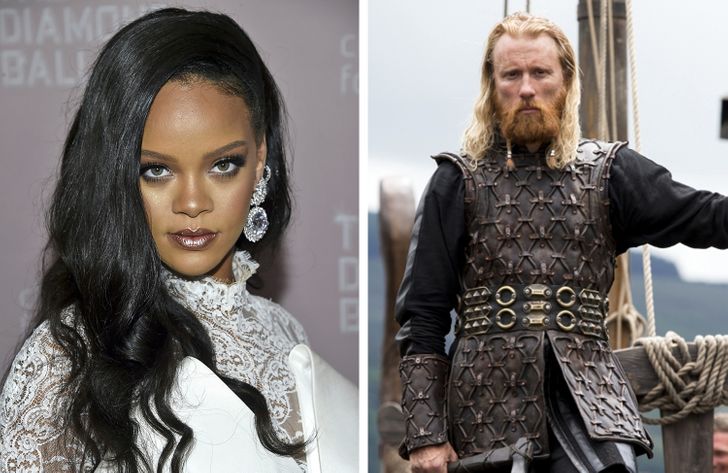
In this country, the names of the babies have to be traditionally Portuguese, indicate the gender of the baby, and not sound the nickname. To make it easier for parents to find the appropriate names, there is a special list of names that they can use.
Banned names: Nirvana, Viking, Jimmy, Rihanna, Sayonara
Germany
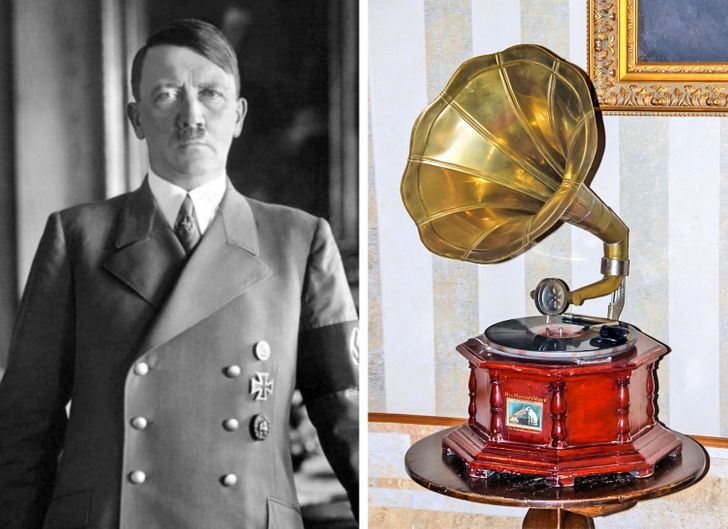
In Germany, you cannot just name a child. First, a special local organization must approve the name. Here, all words that may have a negative impact on the well-being of children are prohibited.
Also, a name must clearly identify the gender. You cannot use food names, surnames, or object names.
Banned names: Adolf Hitler, Osama Bin Ladin, Woodstock, Gramophone
Denmark
A name can be chosen from an approved list that contains 18,000 female and 15,000 male names. If you want to give your child a different name, you will need to get approval first. The name must indicate the gender and obey the language rules of the country.
Forbidden names: Monkey, Pluto, Cammmilla (yes, with 3 Ms), Ashleiy (yes, spelled like this) and Jacobp
Malaysia
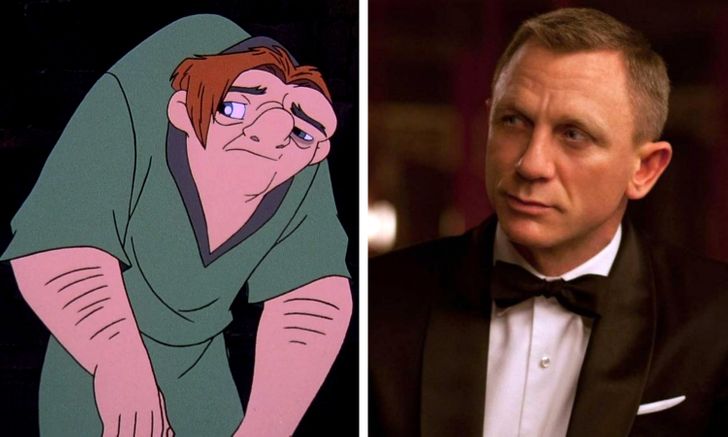
The list of banned names in this country contains titles, numbers, colors, vegetables, fruits, devices, and profanity. If parents still want to name their child in one of these categories, they need to get approval.
Banned names: Stinky Head, Hitler, 007, Hunchback
The funniest thing about all these forbidden names is that they are all on the forbidden list because some parents really wanted to name their children. Which of the names did you find the most strange?
